Please login or click here to join.
Forgot Password? Click Here to reset pasword
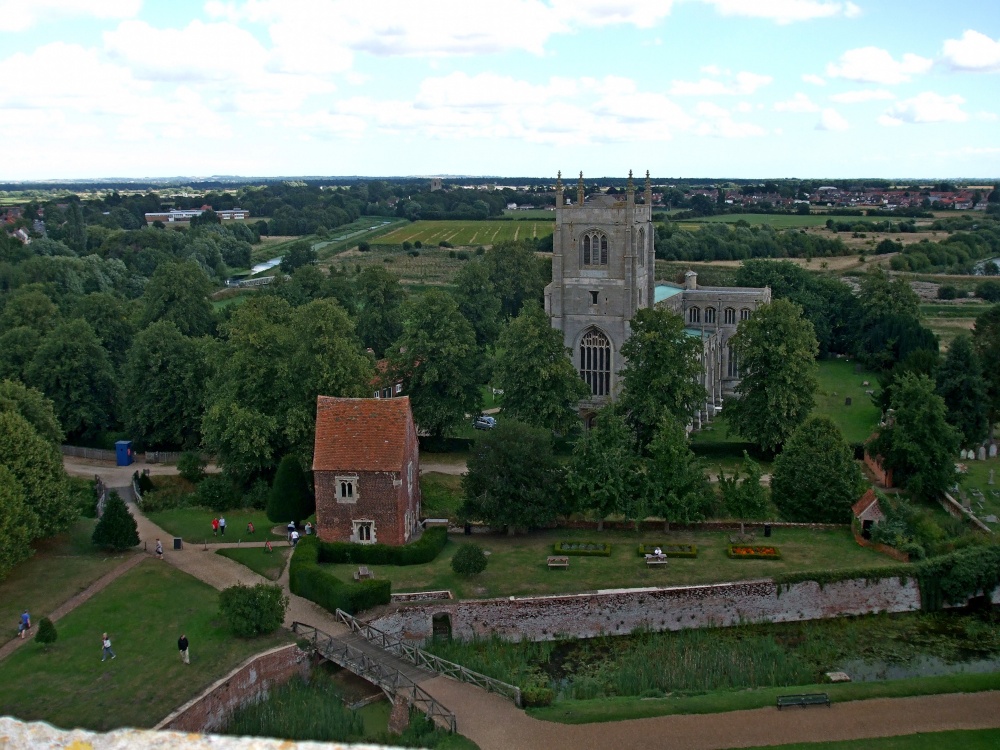
Looking at the huge red brick keep perched in its lofty setting the visitor is immediately struck by the strong French influences of what remains, and a vision of what the building must have looked like when it was built in 1450 by Ralph Cromwell, Lord Treasurer of England.
The keep was built along the lines of those Cromwell has seen on his travels in France, square with hexagonal towers with windows and doorways dressed it stone. It rises imaginatively to encompass four storey's, has large windows, and a unique decorative roof gallery. The castle was fortified but quite possibly never intended as a fortress for with its decoration and larger than usual windows for the times, it carries more the style of a country house.
The original castle on this spot was built in 1231, nothing exists of this. Cromwell's new tower was linked to the old hall by a passageway on the first floor, the tower contained the new staterooms. Each floor possessed a magnificent chamber with superb stone fireplace, while other smaller rooms, were built in the turrets.
When Lord Cromwell died having no issue, the castle passed first to the Crown and then to the Earls of Lincoln. Very little was done to it during this time and there is no evidence of it being besieged in any of the conflicts of the 16th and 17th centuries. In fact it seems to have had a fairly peaceful existence for most of its life, but was certainly almost a ruin by the 18th century.
Fortunately Lord Curzon (1859-1925) rescued the castle. He bought it in 1911 when it had already been sold to speculators. He was adept at tracking down the castles historic carved stone chimneypieces which were en-route for America. Furthermore, in the years before his death he carried out extensive restoration work and when he died in 1925 he bequeathed the castle to the national trust for the nation to enjoy.
This is a romantic spot, splendidly isolated away from the cares of life and the bustle of traffic. Visitors to the castle can enjoy good views of fine countryside.
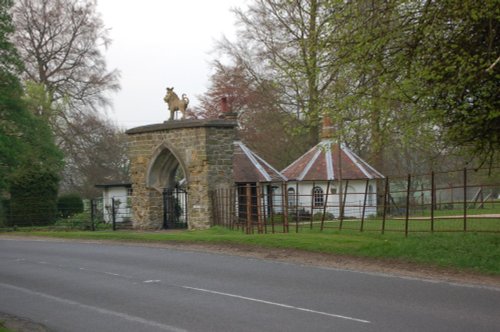
in the county of Lincolnshire
(6.0 miles, 9.6 km, direction NE)Surrounded by woodland, the pretty village of Revesby was once the home of the celebrated naturalist, Sir Joseph Banks..
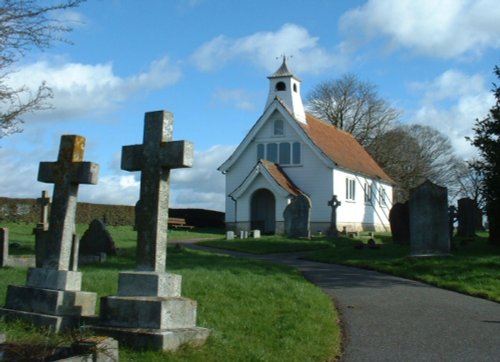
in the county of Lincolnshire
(7.3 miles, 11.8 km, direction NW)This is a pleasant place which grew up along the banks of the River Witham, within site and sounds of some famous abbey's...
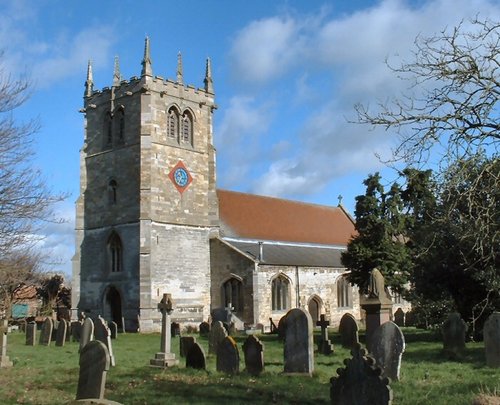
in the county of Lincolnshire
(9.2 miles, 14.8 km, direction NW)The village of Bardney lies on the eastern banks of the River Witham a short distance from Lincoln...

a Seaside Town in the county of Lincolnshire
(11.1 miles, 17.9 km, direction SE)This is the town in which the Pilgrim Fathers were imprisoned in the year 1607 following their first attempt to escape to America and the cells which held them can still be seen in the 15th-century Guildhall...

in the county of Lincolnshire
(15.0 miles, 24.2 km, direction W)Waddington is a bustling town, its modern day history forever linked to the R.A.F of which it is justifiably proud. It's annual air show is a major event on the yearly calendar and is attended by people from all over England...
All towns in Lincolnshire
..
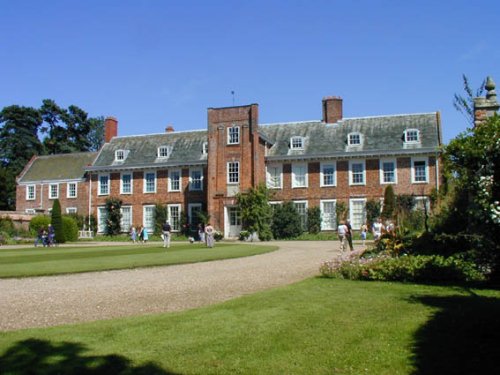
Built of a soft-pinkish brick, this long beautifully proportioned 17th century house presents a charming picture, the very.....
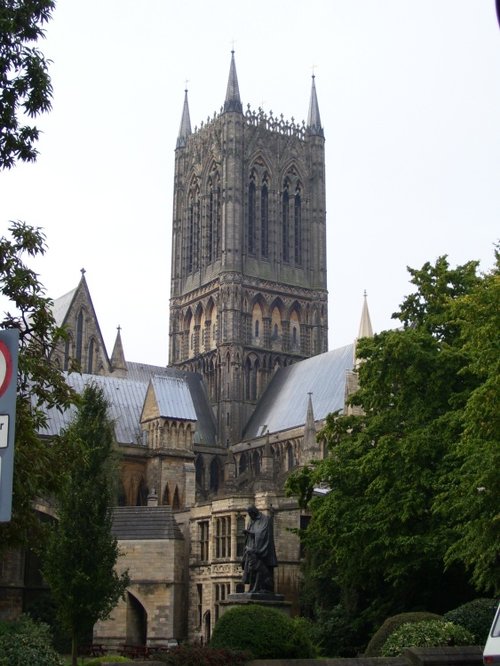
Looking at the West front of Lincoln's fine Cathedral Church of St.Mary, past the pageant of ancient buildings outside the castle.....
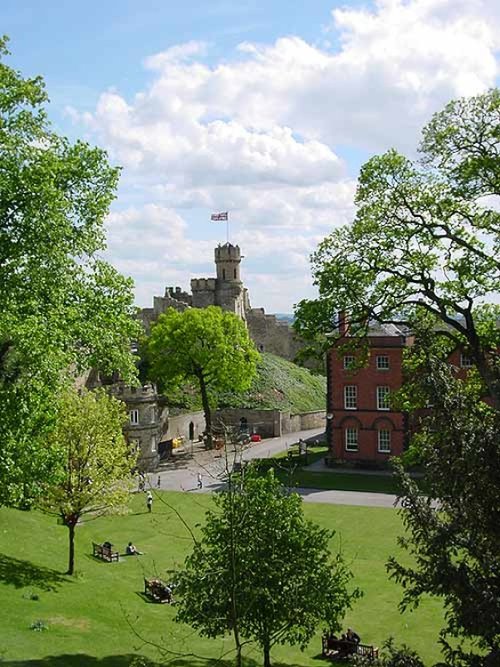
A fine Norman motte-and-bailey castle built in 1068 on the site of a former Roman fortress. It is interesting for its two.....
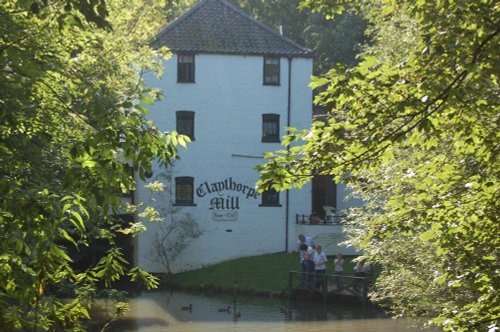
The wonderful world that is Claythorpe Water Mill and Gardens is located in lush "wold's" countryside between Claythorpe and Aby,.....